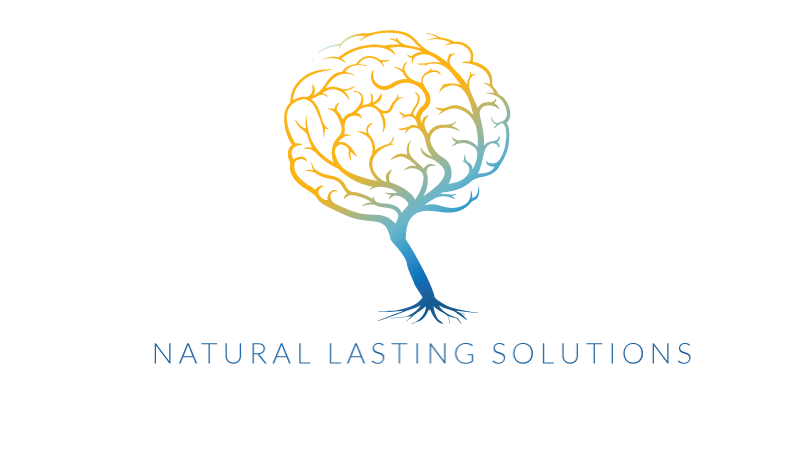What is it and how does it affect us?
Retained Reflex Syndrome is when – due to some form of stress during pregnancy, birth or early infancy – we retain some fetal or primitive reflexes, which have an adverse impact on our ability to learn and interact with the world around us.
It is believed that RRS is at the root of many childhood disorders such as ADHD, dyspraxia and dyslexia, which are merely labels for a group of symptoms, which have in common neuro-developmental delay, but with no consensus as to what is the cause.
We are born with a whole range of reflexes – a set of instinctive, involuntary reactions to a certain stimulus. These reflexes have evolved over millennia to aid our passage from the womb, to protect us from harm in our vulnerable early months and to provide rudimentary training for later voluntary skills.
Most of us have witnessed the Palmar reflex, the infant grasp, where a light touch to the newborn’s palm will prompt him to grasp your finger. By the time the child is 6 months old, this reflex should ‘inhibit’ or fall away, making way for the pincer grip, where an object is held between the thumb and forefinger.
If all goes according to nature’s plan, all the fetal and primitive reflexes follow a similar pattern. They initiate in the uterus, become integrated into the neural system. This lays down the pattern for future controllable actions and responses, and then inhibit when it’s time to move on to the next developmental stage. Nearly all these early reflexes should inhibit by the time the baby is one year old.
But what if your Palmar reflex is retained? The lack of pincer grip would affect your ability to hold a pencil and have an impact on your manual dexterity. What’s more, the newborn’s connection between hand and mouth movement would fail to dissipate, affecting your speech, and prompting you to may make mouth movements when writing.
It’s important to realise that these early reflexes are located in the most primitive area of the brain, the brain stem, and operate involuntarily. We simply cannot control them. As we develop, the higher parts of the brain – the cortex, responsible for thinking and reasoning, and the midbrain, the organisation centre of the motor and sensory systems – take over the functions of the primitive reflexes. These functions are then transformed into responses and actions that can be consciously controlled or modified.
If the primitive reflexes fail to inhibit however, the more sophisticated neural structures of the brain, along with the postural (adult) reflexes, cannot develop properly. The normal development of motor and processing skills and integration of the left and right sides of the brain are affected. The child is stuck with immature responses to their environment. “Act your age!” may literally be an impossibility for them.
“The overwhelming difference is that I now stay calm in most situations. Before I would avoid any form of disagreement let alone conflict. Now I am starting my own business ”

